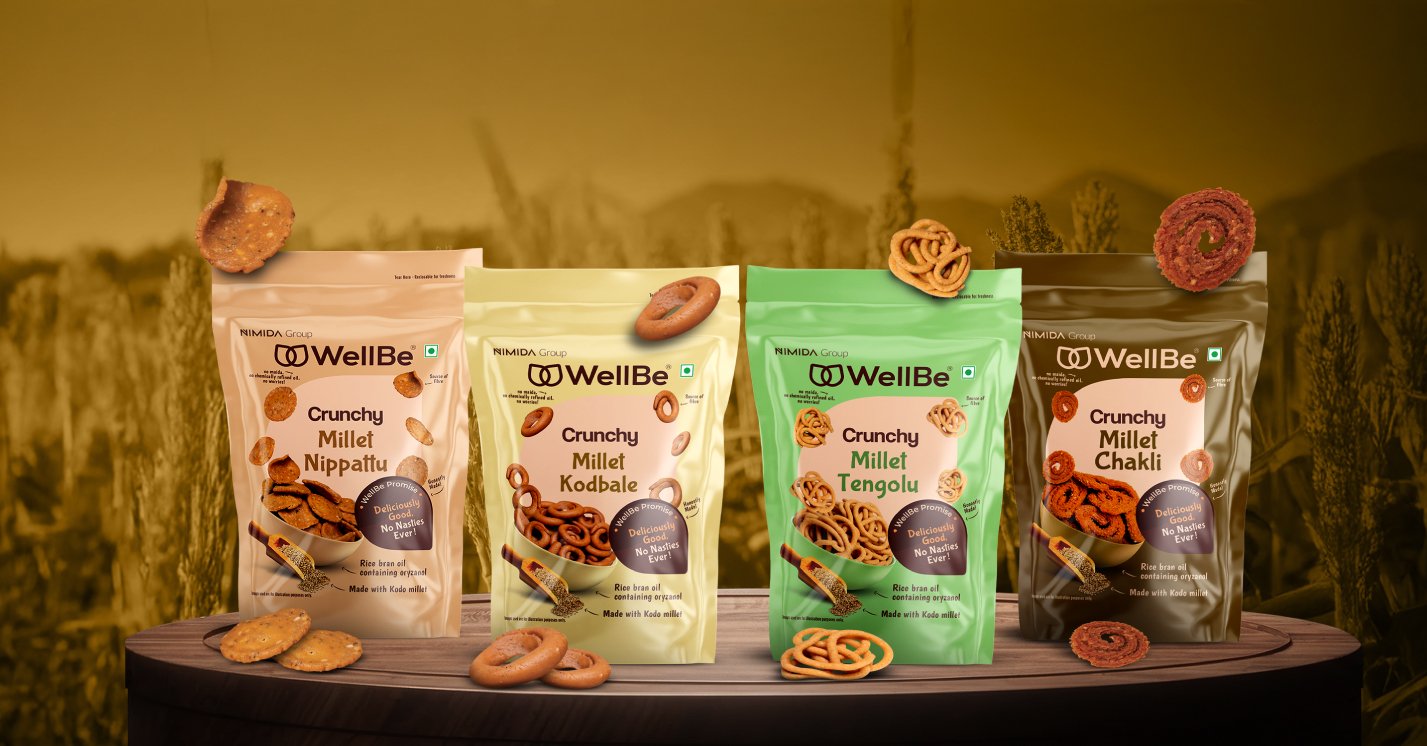_(1).jpg)
At the forefront of India’s evolving $1 trillion retail industry is The Organic World, a Bengaluru-based retail chain redefining how the country shops for groceries. Built around the values of clean, worry-free, and responsibly curated products, the brand is spearheading a movement toward mindful consumption and transparency. This emerging trend called conscious retailing—is no longer a niche movement but reflects a new generation of Indian consumers who prioritise health, sustainability, and ethical sourcing over brand loyalty or bargains.
“At The Organic World, we see our role not just as retailers, but as enablers of better choices—for individuals, communities, and the planet.” says Gaurav Manchanda, Founder and Director of The Organic World. “Today’s consumers are far more aware—they’re not just buying groceries, they’re buying into health, transparency, and responsibility. This isn’t a passing trend; it’s a shift in mindset,” he adds.
Demonstrating its commitment to responsible retailing, The Organic World has introduced an industry-first initiative: the ‘Not In Our Aisle List’. This list comprises 25+ (and growing) ingredients banned from their stores, including harmful substances commonly found in conventional products such as trans fats, phthalates, sulfates, parabens, and high fructose corn syrup. By upholding standards that surpass industry norms, The Organic World aims to encourage the broader industry to adopt healthier practices benefiting both consumers and the environment. Currently, 60% of the company's last-mile deliveries are conducted using electric vehicles, with a goal to achieve 100% electric vehicle delivery within five years.
Driven by lifestyle changes and growing environmental awareness, conscious retail is on the rise. A Bain & Company report reveals that over 60% of Indian consumers are willing to pay a premium for sustainable products. While the movement began in metro cities, demand for clean-label, organic, and ethical goods is now rapidly growing in Tier 2 and Tier 3 markets with the help of digital reach and consumer awareness accelerating this shift.
Banking on this growing demand and rapidly changing lifestyle shift, The Organic World is aggressively expanding its offline footprint and online presence through multiple store launches across Tier I and Tier 2 markets. This is in line with the company's mission to help make clean, natural and worry free essentials accessible and affordable to all.
Manchanda observes, “Health and sustainability are no longer two separate conversations. For many consumers, they are intertwined. Consumers today want to know not just what’s in a product, but where it comes from, how it was made, and whether it aligns with their values. “We at The Organic World see encouraging shifts in consumer behaviour across India,” says Manchanda. “As we expand into new markets in both Tier 1 and Tier 2, our focus is on making worry-free, wholesome groceries more accessible and trustworthy—so conscious consumption becomes a norm, not a niche.”
However, despite growing demand, the company believes that conscious retailing is fairly a new concept in India and comes with its share of hurdles. The supply chain for organic and ethically sourced goods is still developing, and ensuring consistency in quality and certifications can be complex. Moreover, sustainable products often carry higher price tags - a barrier for the price-sensitive majority.
“Striking a balance between scale and sourcing integrity is at the heart of our model,” says Manchanda “We believe scale should never come at the cost of trust. As we grow, we continue to invest in robust supply chains, traceability, and innovation to ensure that our promise of worry-free, wholesome groceries remains accessible and consistent across every market we enter. We’re at the peak of conscious consumerism in India. The future belongs to brands that lead with integrity and empathy. Consumers are rewarding businesses that align with their values - that’s the new standard in retail.” Manchanda Concludes.
Small, consistent efforts can make a big difference. At The Organic World, for instance, all vegetables and fruits are sourced from organic-certified farms that follow only organic and sustainable farming practices. Moreover, the stores don’t trash unsold fruits and vegetables, but use them as organic cow fodder in the farms.
In line with the brand’s efforts to foster conscious retailing, at The Organic World, customers are increasingly opting to shop at the zero-waste section (a small step to reduce plastic footprint), for products that come in sustainable packaging, and reading the labels to understand what goes into their making. “Responsible retailers will have to take cognisance of this changing need and align their business goals accordingly,” says the entrepreneur.
In a marketplace undergoing rapid evolution, The Organic World isn’t just adapting—it’s defining what it means to be a responsible, trustworthy, and future-ready retailer.



.jpg)